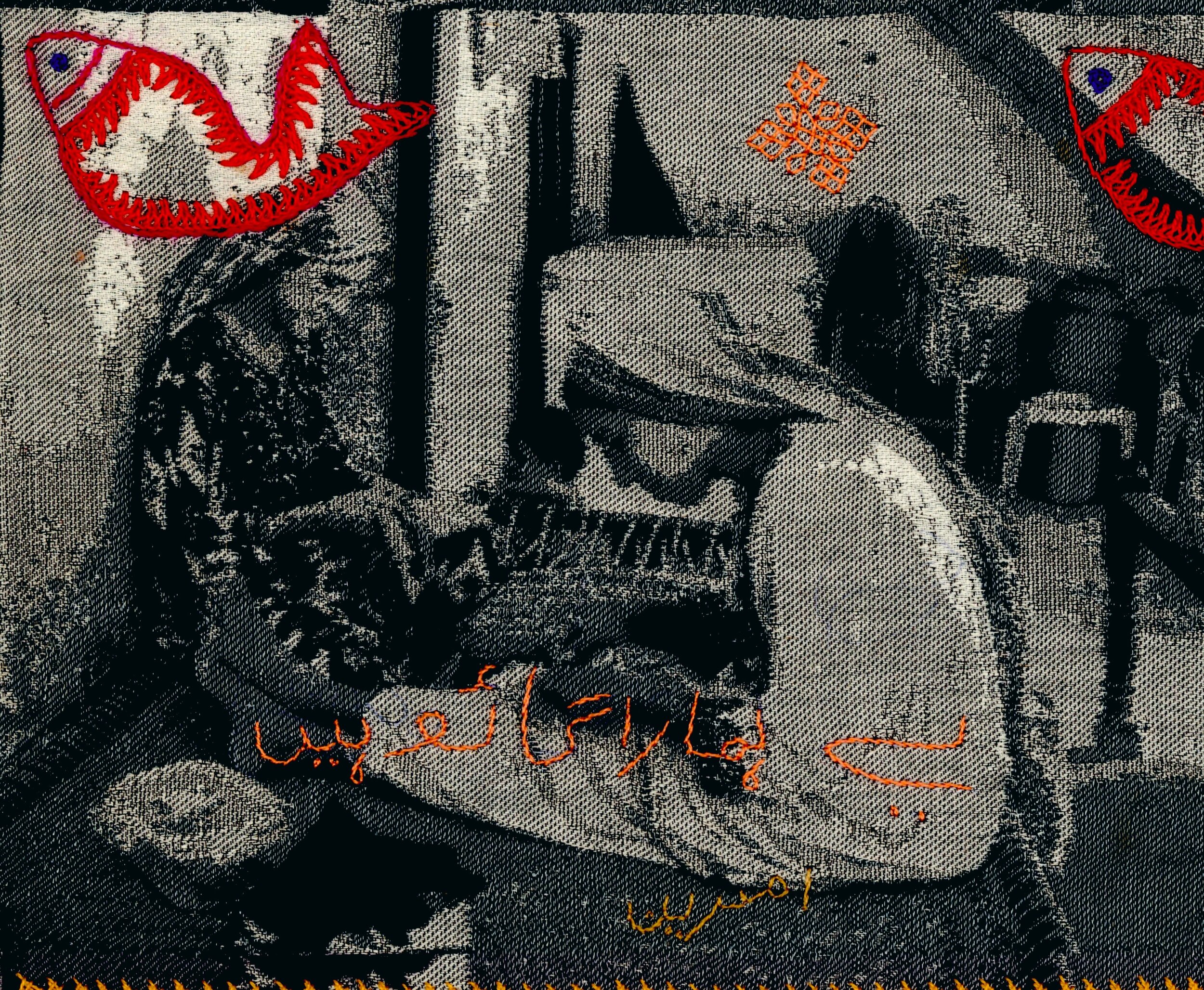Working on the premise that no one's knowledge is greater than the other but that each can learn more about the other and oneself through exchange.
Being a design practitioner, Seher first investigated through her own understanding, relationship and bond to hand weave, her craft, for answers. It was also this very bond that she feels towards practicing her craft which led to the understanding and belief that there is much more to the practice of craft than monetary gain.
She found just commercial incentive can in fact be detrimental and damaging not only for heritage crafts but also collective working methods that give rise to social empowerment for communities. Making incites emotions, experiences, memories and tacit knowledge. Every piece made carries with it this embodied experience and memory of making.
That is why designs are not mass produced but each one unique. The project encourages the women to create and develop their craft practice through the individual designing of all pieces.
It was these very connections this project's engagement focused to re-ignite, evoking emotion and memory of creating a piece to add special value to craft practice that is missing in many traditional rural craft communities today.


